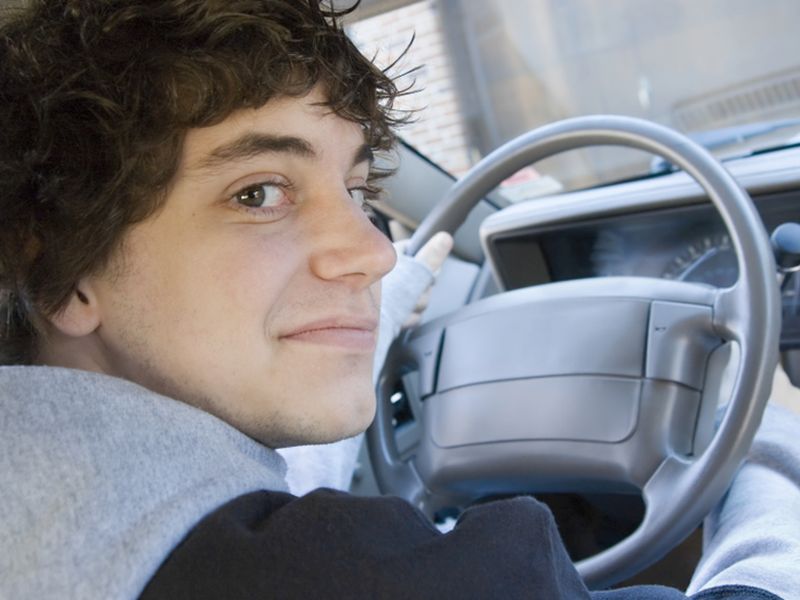Most U.S. Pot Users Think They Can Get Away With Driving High

WEDNESDAY, June 19, 2019 (HealthDay News) -- Most Americans think they won't get caught driving while high on marijuana, a new AAA Foundation survey finds.
Nearly 70% of the nearly 2,600 licensed drivers polled think there's a low chance that a driver using pot will be stopped by police.
"Marijuana can significantly alter reaction times and impair a driver's judgment," said David Yang, the foundation's executive director. "Yet, many drivers don't consider marijuana-impaired driving as risky as other behaviors like driving drunk or talking on the phone while driving."
Seven percent of survey respondents said they approved of driving after recently using marijuana, more than other dangerous behaviors such as alcohol-impaired driving (1.6%); drowsy driving (1.7%); and prescription drug-impaired driving (3%).
Millennials (nearly 14%) were most likely to report having driven within an hour of using marijuana in the past month, followed by Generation Z (10%). (Millennials are 25 to 39 years old; members of Generation Z are 24 and younger.)
Men (8%) were more likely than women (5%) to report driving shortly after using marijuana in the past month, the survey found.
The findings suggest that about 14.8 million people drove within an hour of using marijuana in the past month. That's significant because most impairment occurs within the one to four hours of using the drug. Drivers high on marijuana have nearly double the crash risk, according to the foundation.
"It is important for everyone to understand that driving after recently using marijuana can put themselves and others at risk," Yang said in a AAA news release.
Jake Nelson, director of traffic safety and advocacy for AAA, warned that any driver who gets behind the wheel high can be arrested and prosecuted.
"Law enforcement officials are getting more sophisticated in their methods for identifying marijuana-impaired drivers and the consequences are not worth the risk," Nelson said in the release.
More information
The U.S. National Institute on Drug Abuse has more about drugged driving.

The news stories provided in Health News and our Health-E News Newsletter are a service of the nationally syndicated HealthDay® news and information company. Stories refer to national trends and breaking health news, and are not necessarily indicative of or always supported by our facility and providers. This information is provided for informational and educational purposes only, and is not intended to be a substitute for medical advice, diagnosis, or treatment.

